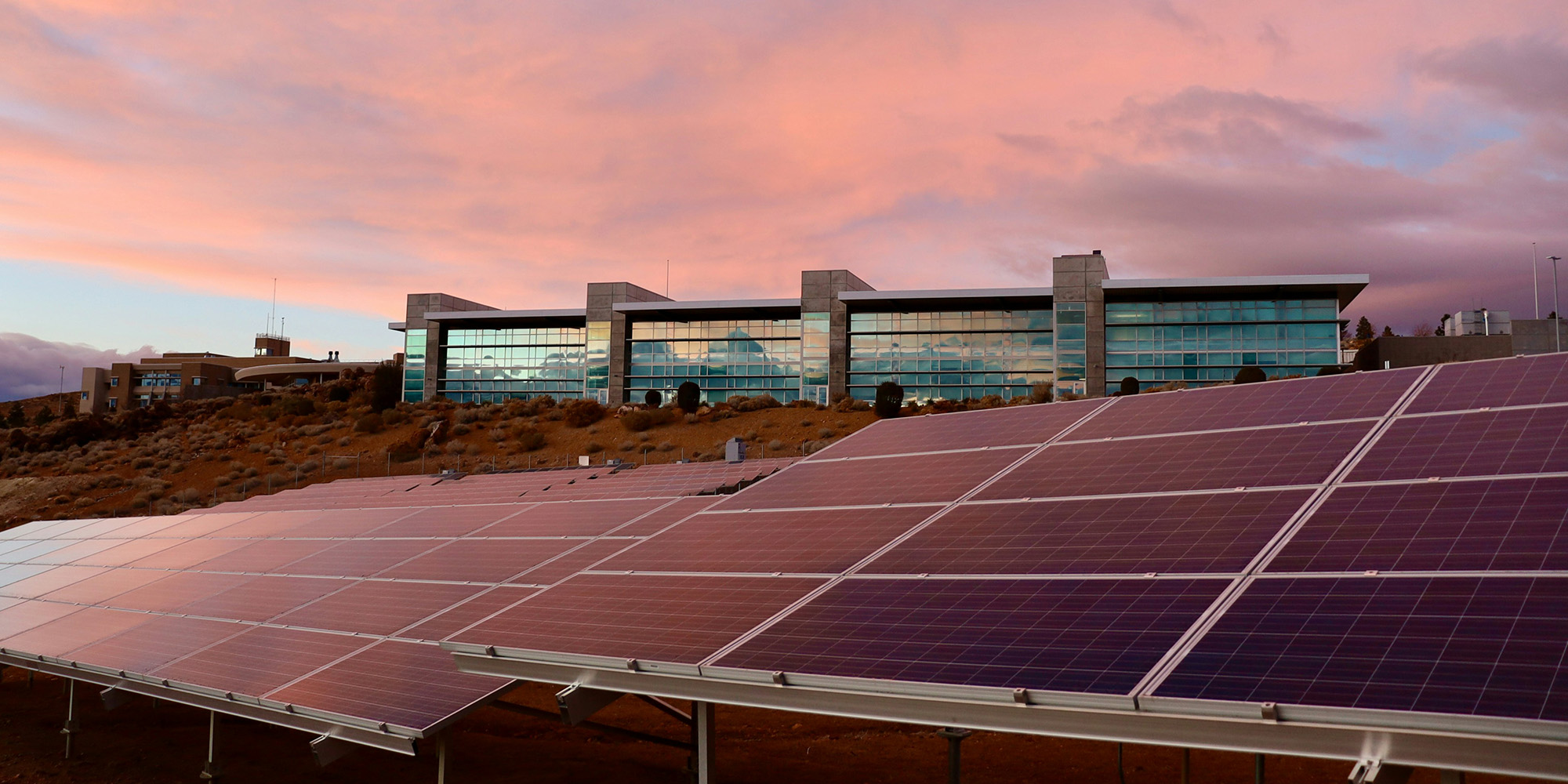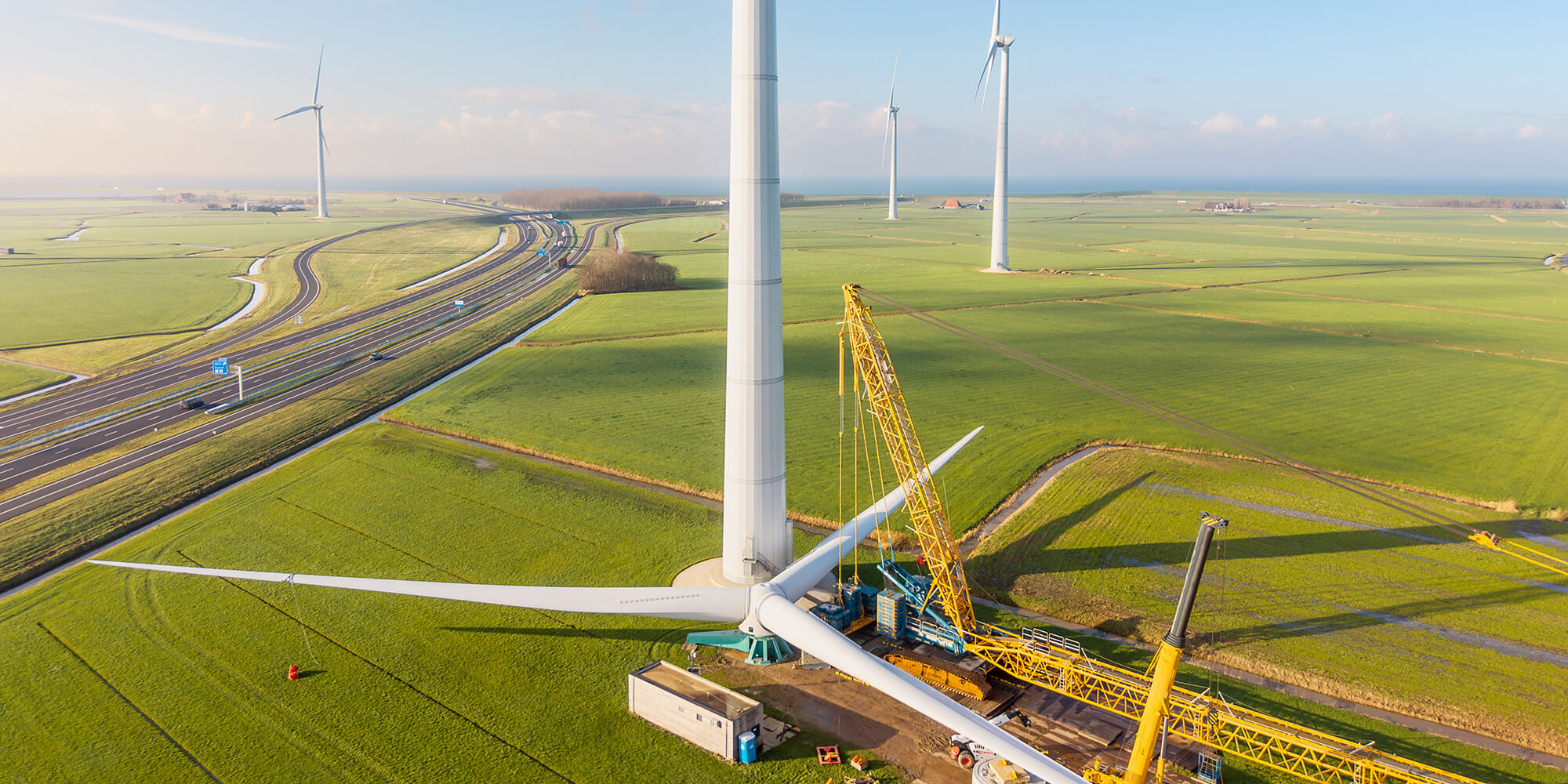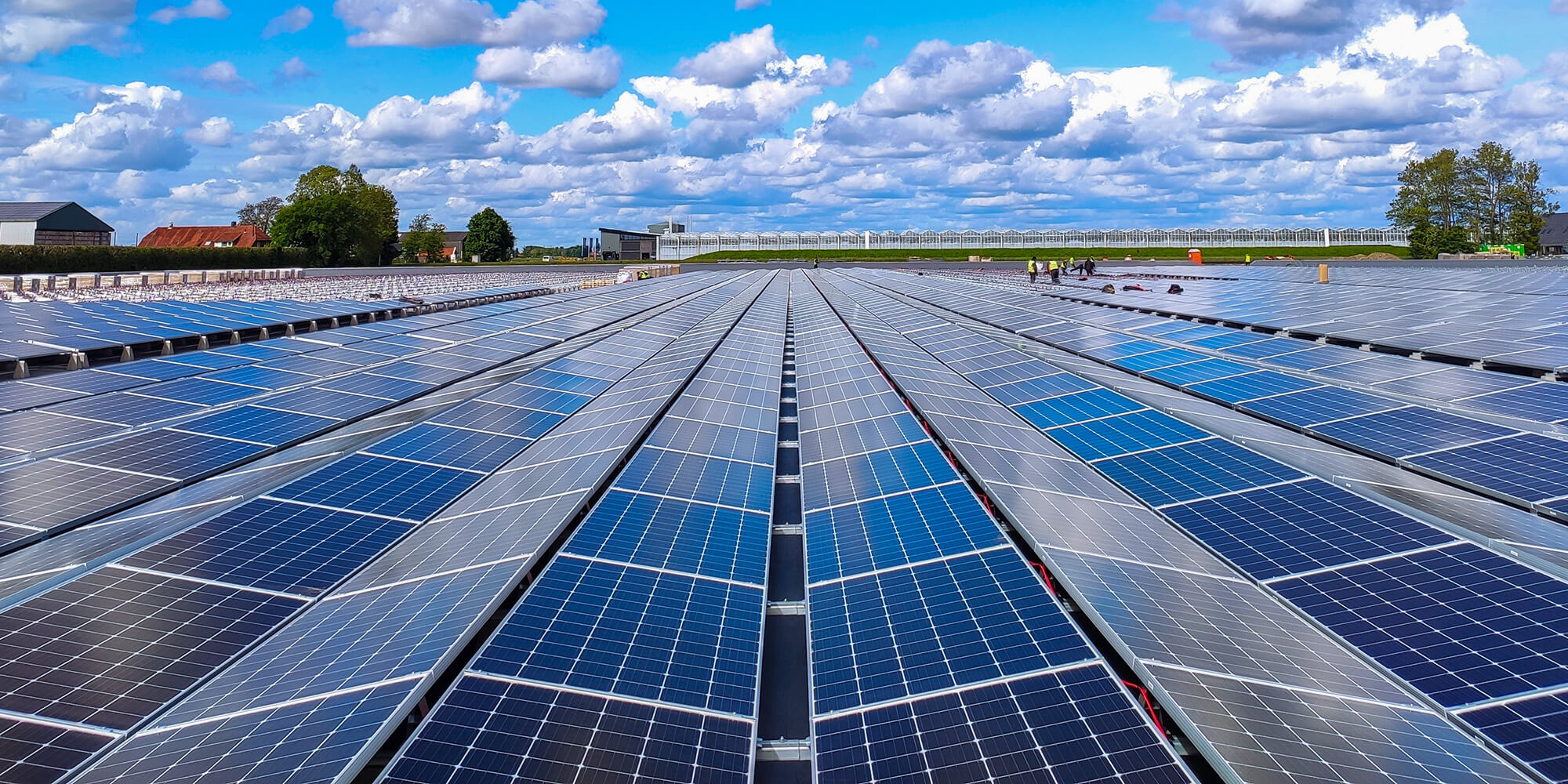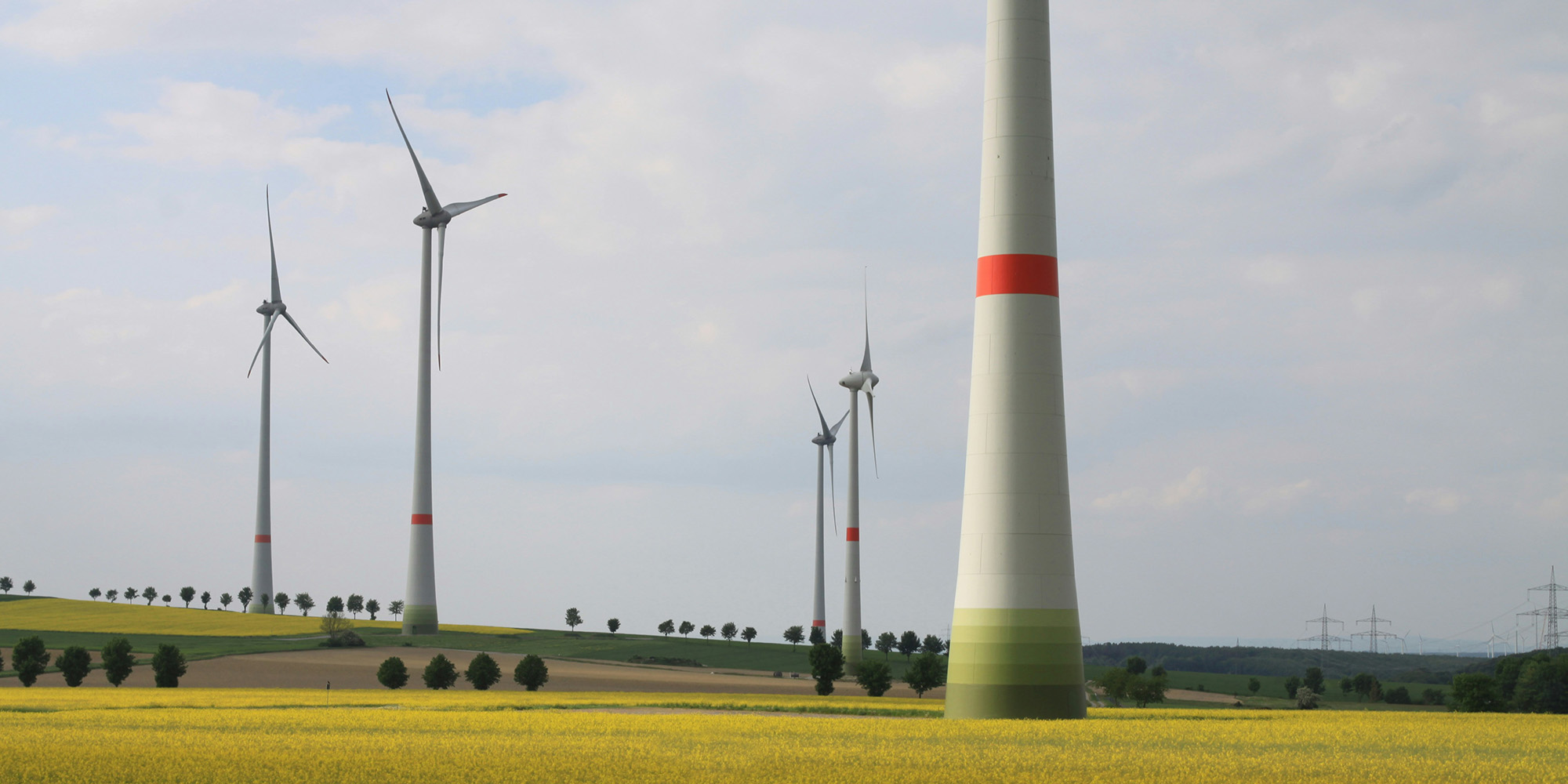In the pursuit of climate goals, businesses are looking for creative strategies to minimize their carbon footprint, including Scope 1 emissions. This article explores the emerging figure of Biomethane Purchase Agreements (BPAs): how they work, when companies should consider them, and how they can be a tool to cut carbon emissions while ensuring renewable gas supplies.
What is Scope 1?
Scope 1 emissions refer to the direct greenhouse gas (GHG) emissions from sources that are owned or controlled by an organization, such as fuel combustion in vehicles, boilers, or furnaces, as well as process emissions from industrial activities like chemical production. Additionally, it includes fugitive emissions, such as those from refrigerants or leaks in the organisation’s own equipment.
Monitoring and reducing these emissions are often the first steps businesses take toward achieving sustainability goals. Strategies might include transitioning to low-carbon fuels, improving energy efficiency, or investing in renewable energy solutions for onsite operations.
How do Biomethane Purchase Agreements (BPAs) work?
A BPA is a contract where an off-taker (buyer) agrees to purchase a specified volume of biomethane from a producer at an agreed price for an established period. These contracts have several benefits. For off-takers, it ensures the supply of renewable gas for their operations while reducing Scope 1 emissions. For producers, it guarantees a steady source of income that is often essential to make new projects bankable.
Although BPAs are similar to PPAs —Power Purchase Agreements— they differ in one key feature: they do not focus on cost cutting. In the volatile electricity market, PPAs can help companies mitigate the risk of suddenly spiking power prices, keeping the cost of an essential resource stable. Biomethane, however, is more expensive than fossil gas. And although prices remain stable for the duration of the contract, the main benefit for off-takers is securing availability despite disruptions in the gas supply while meeting sustainability targets.
How does a BPA reduce Scope 1 emissions?
BPAs provide two essential things for off-takers: physical molecules of gas and documentation of its environmental attributes.
Physical gas is typically delivered through the gas pipeline networks. Biomethane is identical in chemical composition to fossil methane, which means it is transported and consumed using the same infrastructure. Once injected into the grid, the actual molecules are impossible to track, which is why producers receive Guarantees of Origin (GO) and Proofs of Sustainability (PoS) to document the provenance and environmental characteristics of the gas, including reduced emissions.
A Guarantee of Origin certifies the production of a given amount, typically one megawatt hour, of renewable energy, while a Proof of Sustainability (POS) states additional environmental information (feedstock used in production, carbon intensity, among other details) necessary for gas purchases to be recognised in third countries.
When and where should companies choose a BPA?
Whether a BPA is right for a given company depends largely on their goals and context. While some aim to reduce carbon emissions as part of their voluntary climate goals, others may want to prove lower carbon intensity when reporting in line with the Corporate Sustainability Reporting Directive (CSRD).
Biomethane can also play a role in mandatory carbon markets, reducing the number of emissions quotas (EUAs) companies should purchase. In Germany, for example, entities covered by the national Emissions Trading System (ETS) for heating and transport can use biomethane to reduce the carbon intensity of fuel consumption.
Cross-border BPAs are also a possibility. However, the European biomethane market is not as developed as the electricity market, with only a limited number of countries allowing for the import and export of biomethane certificates. And while the market is expanding and gradually harmonising the rules for gas GOs and PoS, each potential BPA should be evaluated on an individual basis.
How can Ecohz help?
We help companies worldwide integrate renewable gas into their decarbonisation strategy. Our team can assist with the procurement of bundled biomethane certificates that comply with SBTi and EU ETS requirements, as well as structuring long-term Biomethane Purchas Agreements (BPAs). We can also deliver unbundled certificates to cover voluntary consumption.
Ecohz has a large network of producers across Europe, allowing us to cover most countries. Our advisors tailor the best BPA structure for each client to ensure they get the highest sustainability and financial value from these contracts.
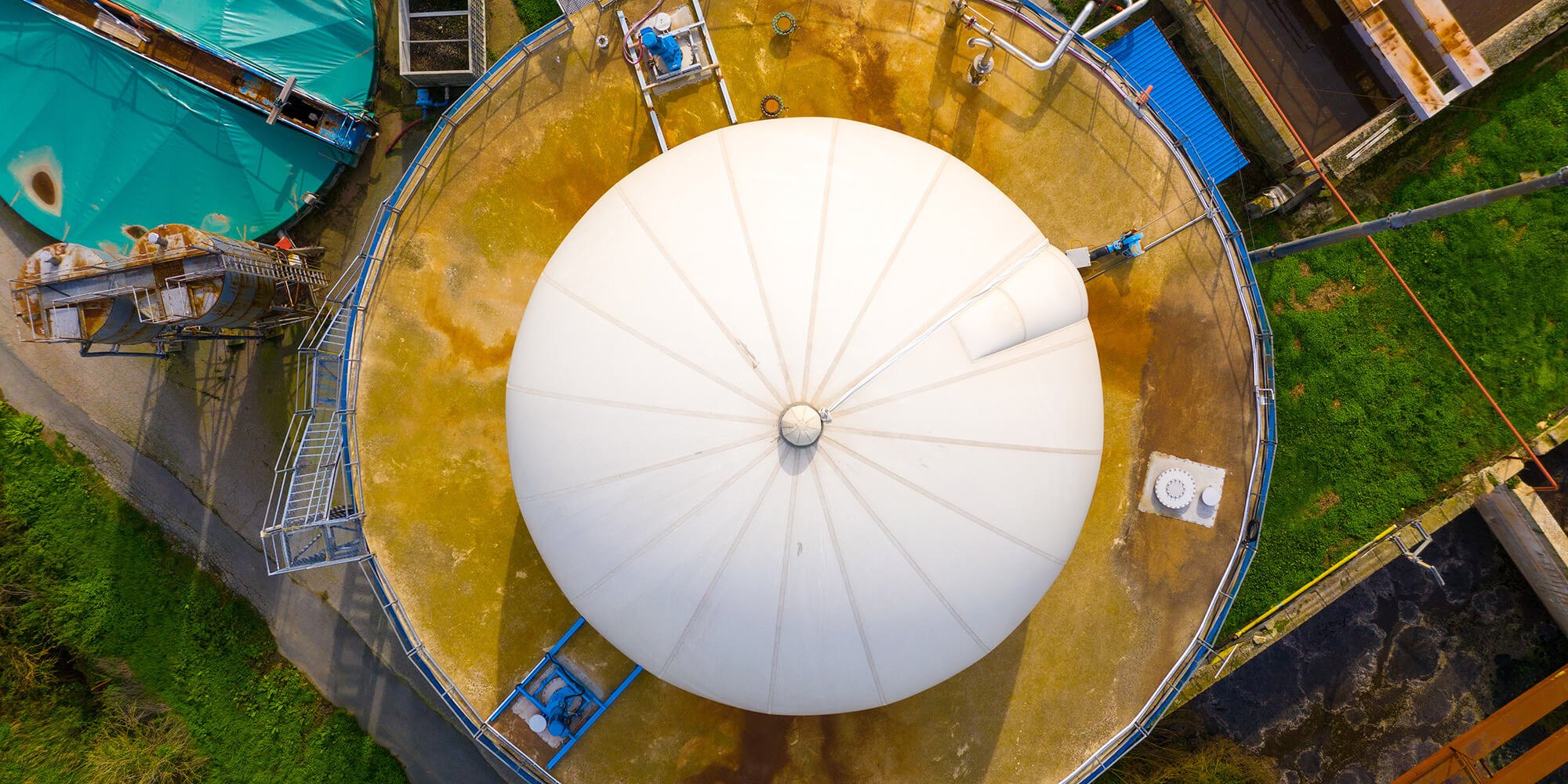


.png?width=3840&height=2560&name=Sun(1).png)
.png?width=3840&height=2560&name=Landscape_2(1).png)

